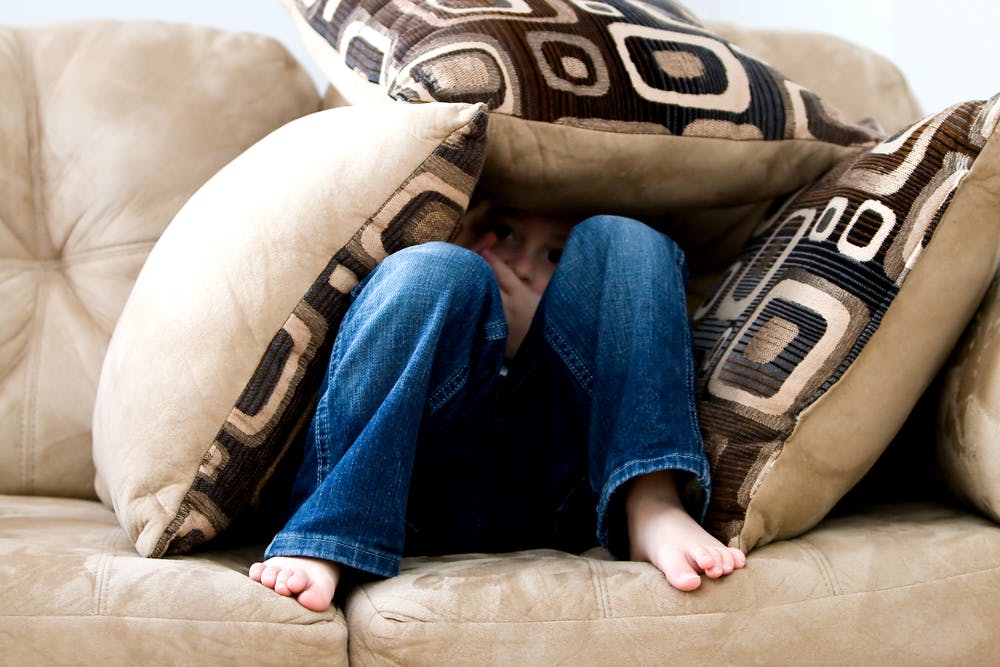We’ve seen the pictures on social media: high school seniors all dolled up in their prom dresses, but without plans to hook arms with a date and cozy into the backseat of a limousine. Graduates without caps and robes, celebrating the completion of college or high school…without the actual celebration. Drive-by birthday parties where children stand safely 6’ or further from their friends-on-wheels.
As adults, it’s easy to overlook these rites-of-passage as frivolous, especially when many adults are struggling with bigger issues: unemployment, financial strain, etc. But such events as childhood birthday parties, going to prom, graduating high school…they’re an important part of growing up. In fact, social connection is a huge part of our youths’ mental health, and a new study shows that the isolation and loneliness of quarantine could have a negative impact on mental health for as long as nine years.
Published in the Journal of the American Academy of Child and Adolescent Psychiatry, this study shows that lonely children are three times more likely to develop depression in the future. The amount of time that a child or teen is isolated appears to have a greater impact on mental health than the severity of their loneliness.
Of course, the presence of a life-threatening global pandemic supersedes the loneliness of our children. However, there are steps we can take—as parents and adults—to protect the long-term mental health of today’s youth:
1. Provide accurate information about Coronavirus. The Centers for Disease Control & Prevention (CDC) is a trusted resource for accurate information about COVID-19. There are a lot of myths and rumors floating around out there, many of which are very scary. Use accurate information from the CDC’s website to dispel myths that may be heightening anxiety in your children.
2. Limit screen time. This may be difficult for adolescents, but for younger children it’s important to limit the amount of news that they are exposed to, whether via TV or social media.
3. Bring love to the situation. Practicing patience and tolerance will help your children feel understood. While missing their prom may seem like small potatoes next to threats of impending layoffs or companies going out of business, it’s important not to minimize their feelings.
4. Practice calming exercises. Breathing exercises, meditation and yoga are tried and true anti-anxiety practices, but there are many others: journaling, exercise, or even baking can be ways to reduce feelings of worry.
5. Establish a routine. Maintaining structure can help children and teens feel safe and secure.
6. Encourage your children to stay connected with their friends. Using apps like FaceTime, Zoom or Skype, children can still get their fill of social connection…even if virtually.
Many experts claim that mental health disorders will be the next pandemic facing our country. And while that statement feels a bit like fear mongering, we have no doubt that cases of depression and anxiety will rise in the months and years after the COVID-19 pandemic.
All we can do now is spread hope. By taking care of ourselves and our children today, we may be able to safeguard their mental health for tomorrow.
Contact Evansville Ketamine Treatment Center


Recent Comments